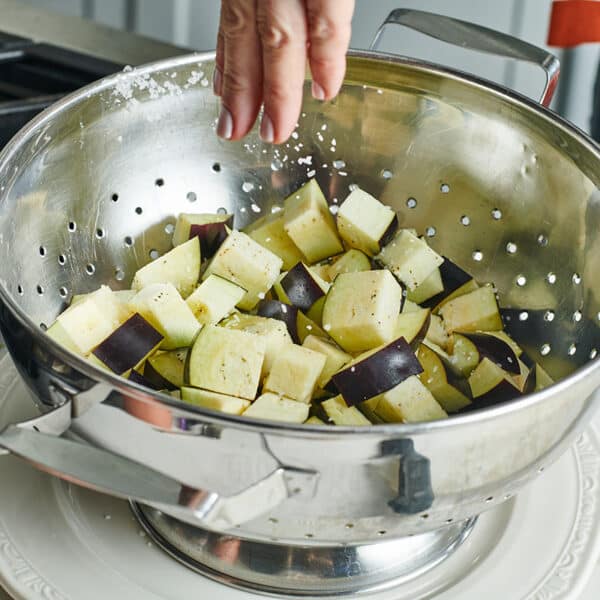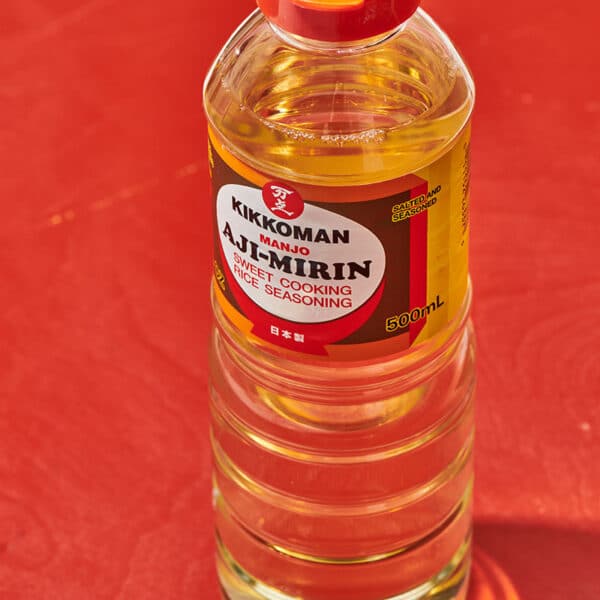How to Tell if an Egg Is Bad
on Feb 16, 2024, Updated Apr 02, 2025
This post may contain affiliate links. Please read our disclosure policy.
If your eggs have expired, be safe and check to see if your eggs are still good before eating or cooking with them.
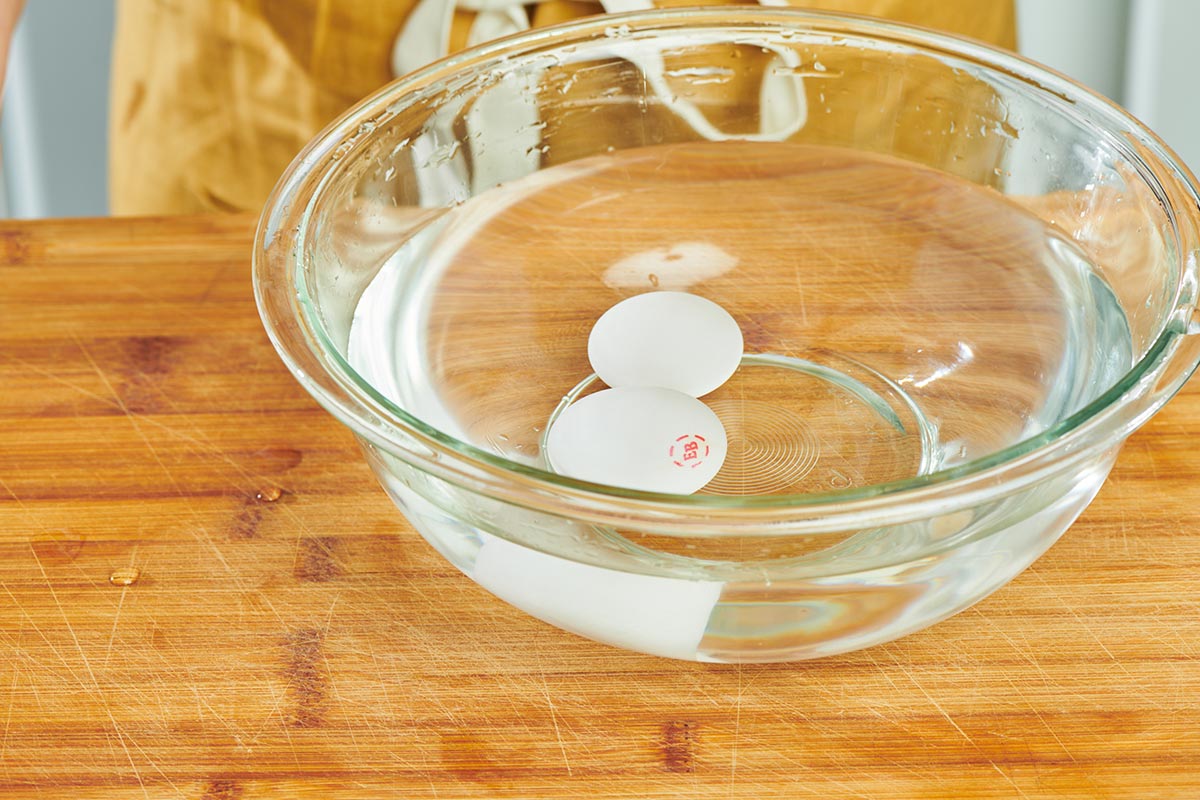
Not sure if your eggs are still fresh? Use the “water test” or the “float test” to tell if your eggs are fresh enough to eat or have gone bad without having to crack them!
The USDA recommends keeping the eggs in their original carton, storing them in the main body of the fridge (not the door), and keeping them for up to 3 weeks. However, most eggs will last a lot longer than that in the refrigerator and be perfectly delicious and safe to eat, whether in a pan of perfect scrambled eggs, a batch of egg-stuffed baleadas, or the best egg salad. Check the pack date; eggs are usually good for a few weeks beyond the expiration date on the carton.
By signing up, you agree to our Privacy Policy.
But eggs can go bad, and if you have any questions about the quality or freshness of your eggs, you should toss them to avoid foodborne illness. Err on the side of caution. This is especially true if you are serving these eggs to people who might have less sturdy immune systems, like children, the elderly, or people fighting illness or disease. Eggs can harbor bacteria like salmonella, which can cause food poisoning.
If you are making hard-boiled eggs, either to eat as is or to use in deviled eggs, egg salad, or in Salad Nicoise, then you’ll want to use the float test. That way, you don’t have to crack the shell while you determine if it is still fresh. If you plan on cracking them before cooking in scrambled eggs, omelets, or a baked dish, then you can use the smell test. And again, if an egg smells bad or you are uncertain if it’s still fresh, don’t take a chance — toss it.
Here are some ways to see if your eggs have gone bad.
What's In This Post?
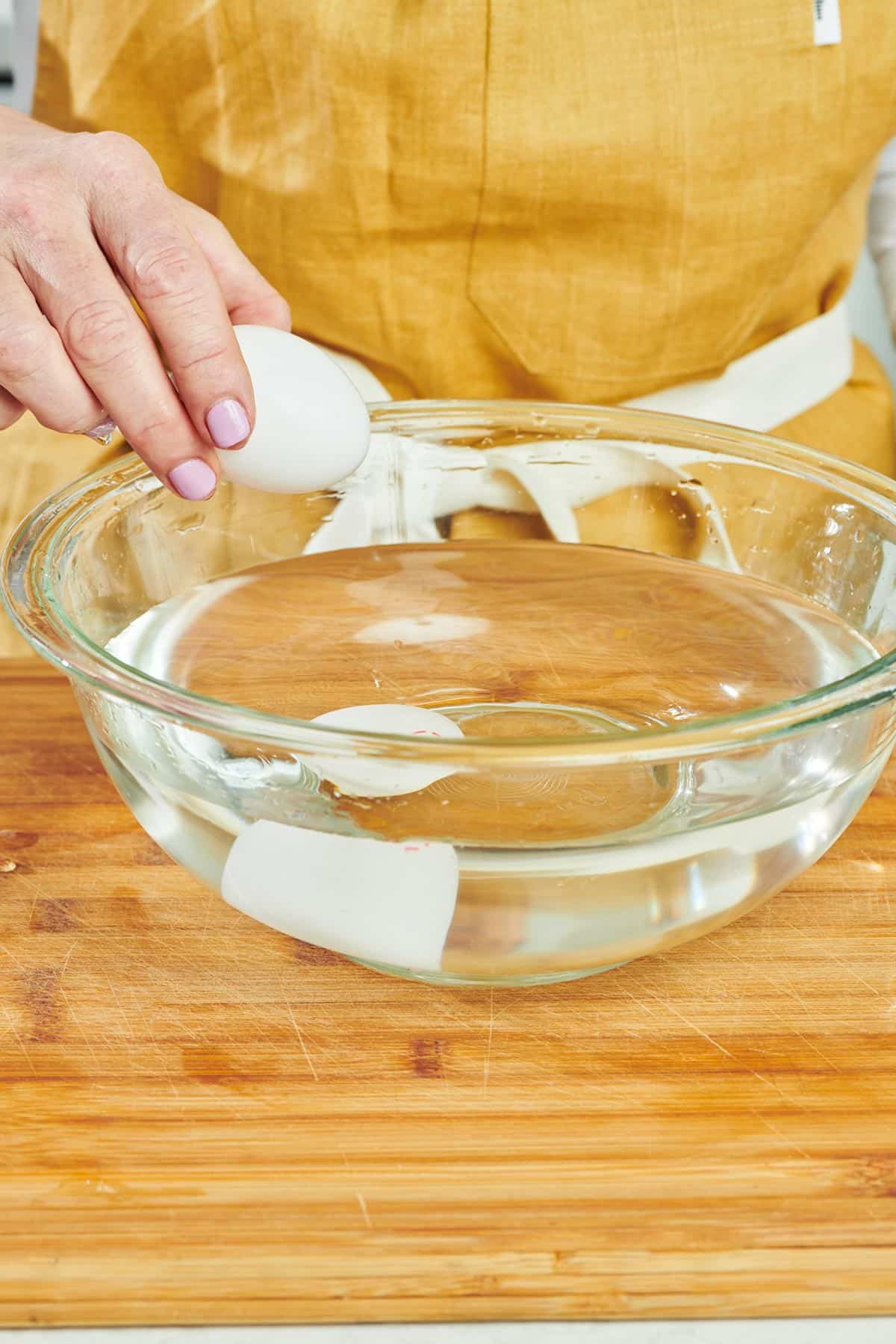
The Float Test: See If the Egg Floats
The best way to determine an egg’s freshness without cracking it is to see if it sinks in water. To try the egg water test, simply fill a glass or bowl with cold water and submerge the eggs.
- If the eggs sink to the bottom, they’re still fresh.
- If they lay on their side, they are very fresh; if they stand up on the bottom of the bowl, they are also perfectly fine but not quite as fresh.
- If an egg sinks but stands on one end at the bottom of the glass or bowl, the eggs are not as fresh but still edible.
- An egg that floats to the top is not fresh and could be spoiled.
The science behind this is based on the fact that eggshells are semipermeable, which means air can get through. The older the egg, the more air penetrates its shell, causing it to float.
Rotten eggs also release gases that can make them buoyant. If an egg smells bad or you are uncertain if it’s spoiled, just throw it out — better safe than sorry.
Kitchen Smarts
The float test is a great way to check eggs before making hard-boiled eggs. It also works when using the oven to make hard-cooked eggs.
Check the Shell
You don’t want to use any eggs that are cracked or have a slimy or very dusty-looking shell. If you know the egg was just cracked (maybe the carton got dinged up as it was transported), it’s fine to use.
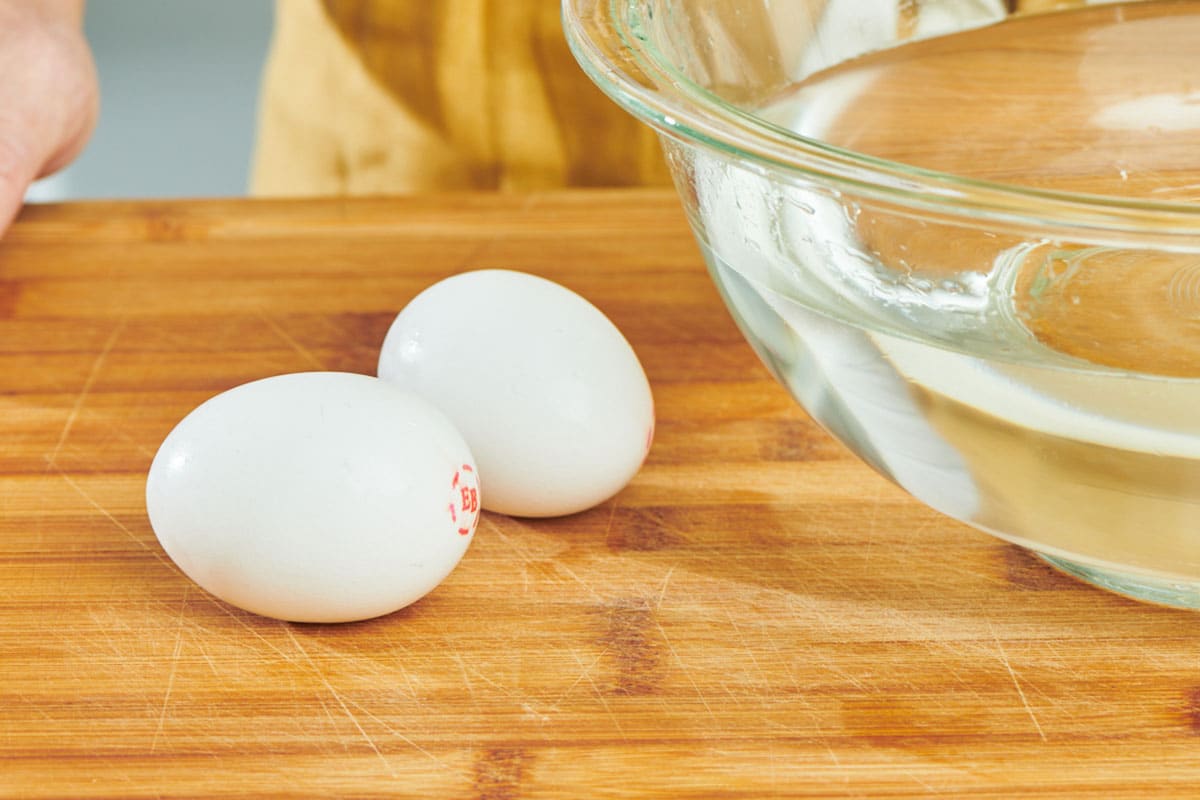
The Shake Test: Shake the Egg
This method should be used in conjunction with the sniff test below. Hold an egg up to your ear and shake it: do you hear the liquid sloshing around inside? That could indicate a more watery, older yolk. You should not hear any sound at all. If your egg sounds watery and has anything but a clean, fresh odor, it’s a bad egg, and you should throw it out.
The Sniff Test: Smell the Cracked Egg
If the egg doesn’t pass the smell test, that’s a sure sign that it’s past its prime. First, make sure the egg looks “normal” — the color of the yolk can range from pale yellow to deep orange, so that’s all fine. But make sure the egg whites are fairly clear and neutrally colored, not tinged with blackspots or showing a pink or green hue. You shouldn’t see any discoloration.
Crack your egg into a bowl and give it a sniff. Avoid all eggs with distinct sulphuric odors, a gassy smell, or sour notes. If your egg smells off, it’s off. A red dot or two in the egg is fine; that’s just a blood vessel, nothing harmful.
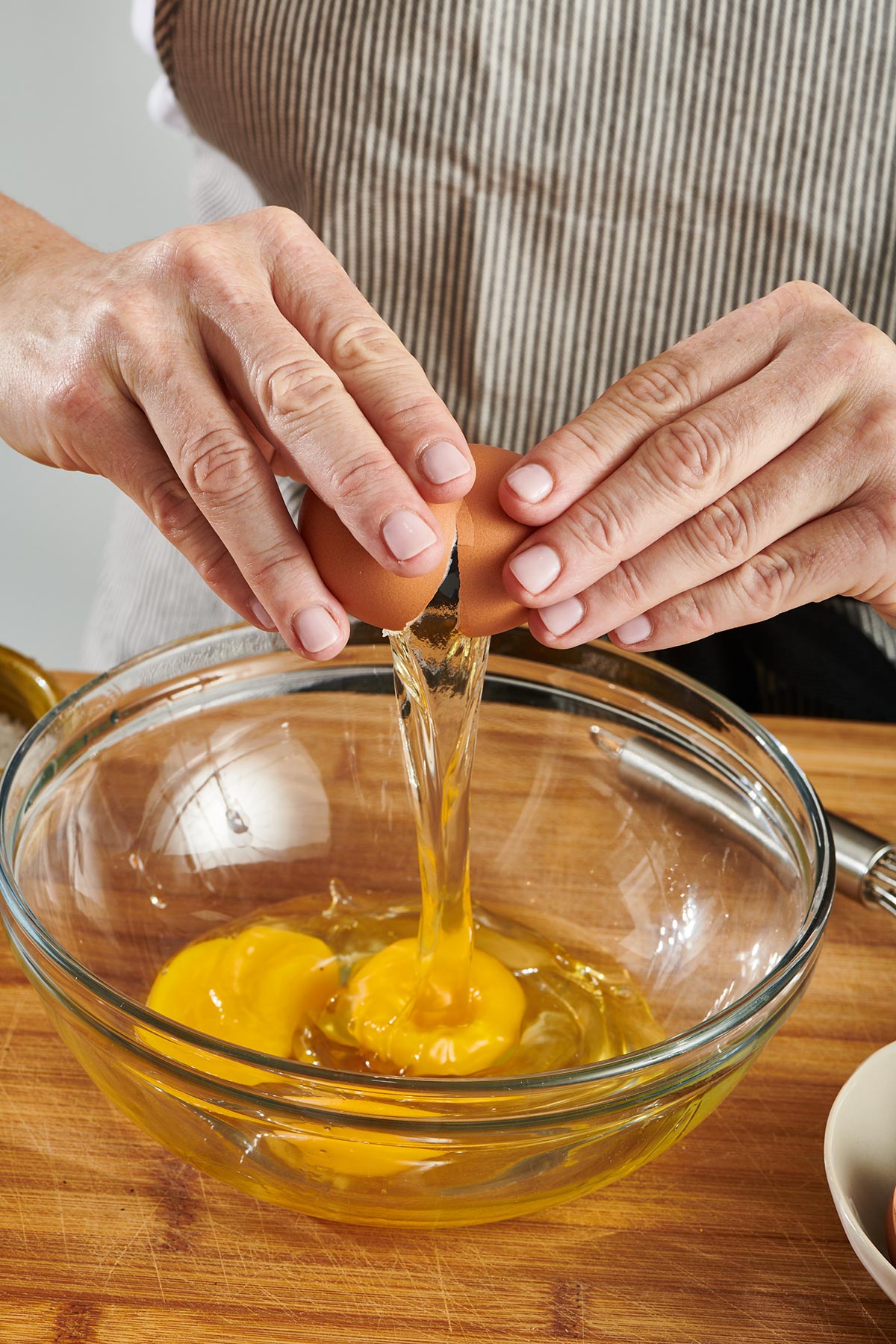
Tips
- Use a glass bowl when using the float test. This makes it easier to see the whole egg from the side.
- Unwashed eggs will last longer than washed eggs. Unwashed eggs can be stored at room temperature for up to a week before refrigerating.
FAQs
Because you can’t always see, smell, or taste whether eggs are bad or contaminated with Salmonella, the USDA recommends cooking eggs until both the white and yolks are firm. However, if you are sure your eggs are fresh, then you can enjoy them uncooked or undercooked. Again, if any diners have compromised health issues or are very old or young, it’s safest to cook eggs all the way through.
The best way to store eggs is in the main part of the fridge at a temperature of 45 degrees or below in their carton. Though many people store eggs in the door of the fridge, the temperature can fluctuate more as the door is opened and closed, so that’s not recommended.
Yes, eggs should be stored in the fridge for safety and to make them last longer. Don’t wash them before refrigerating them, which can shorten their shelf life.
Egg Recipes
Pin this now to find it later
Pin It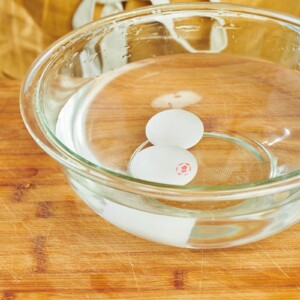
How to Tell if an Egg is Bad
Equipment
- Bowl
Ingredients
- Water
- 1 egg (or more)
Instructions
- Fill a bowl with cool water.
- Gently place an egg in the bowl.
Notes
- If the eggs sink to the bottom, they’re still fresh.
- If they lay on their side, they are very fresh; if they stand up on the bottom of the bowl, they are also perfectly fine but not quite as fresh.
- If they sink but stand on one end at the bottom of the glass or bowl, the eggs are not as fresh but still edible.
- An egg that floats to the top is not fresh and could be spoiled.



